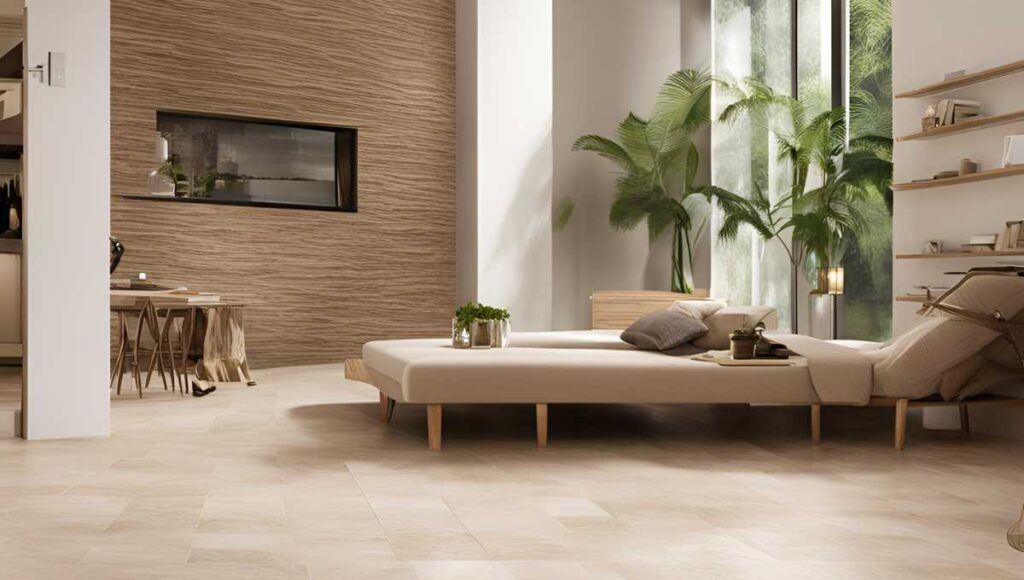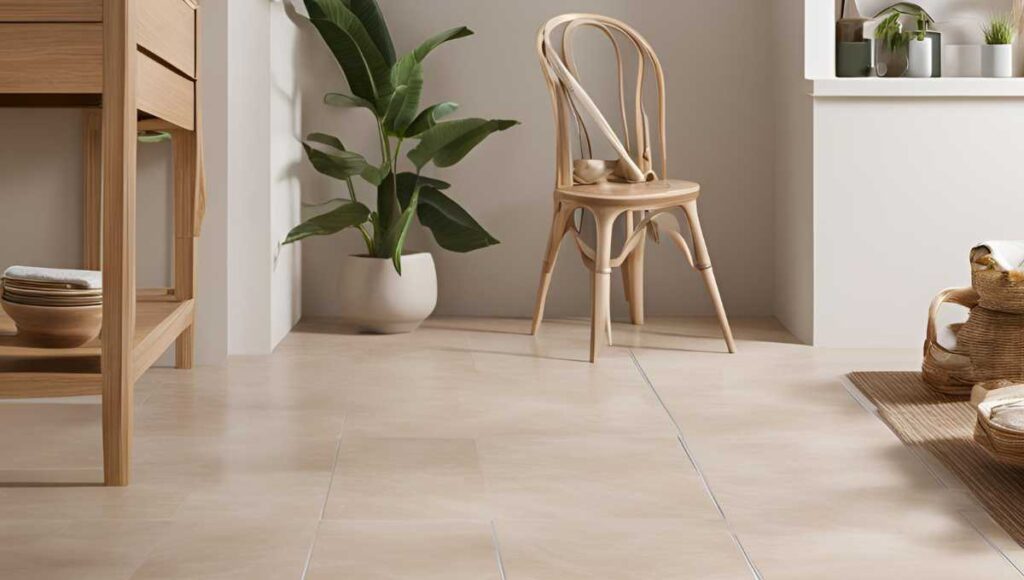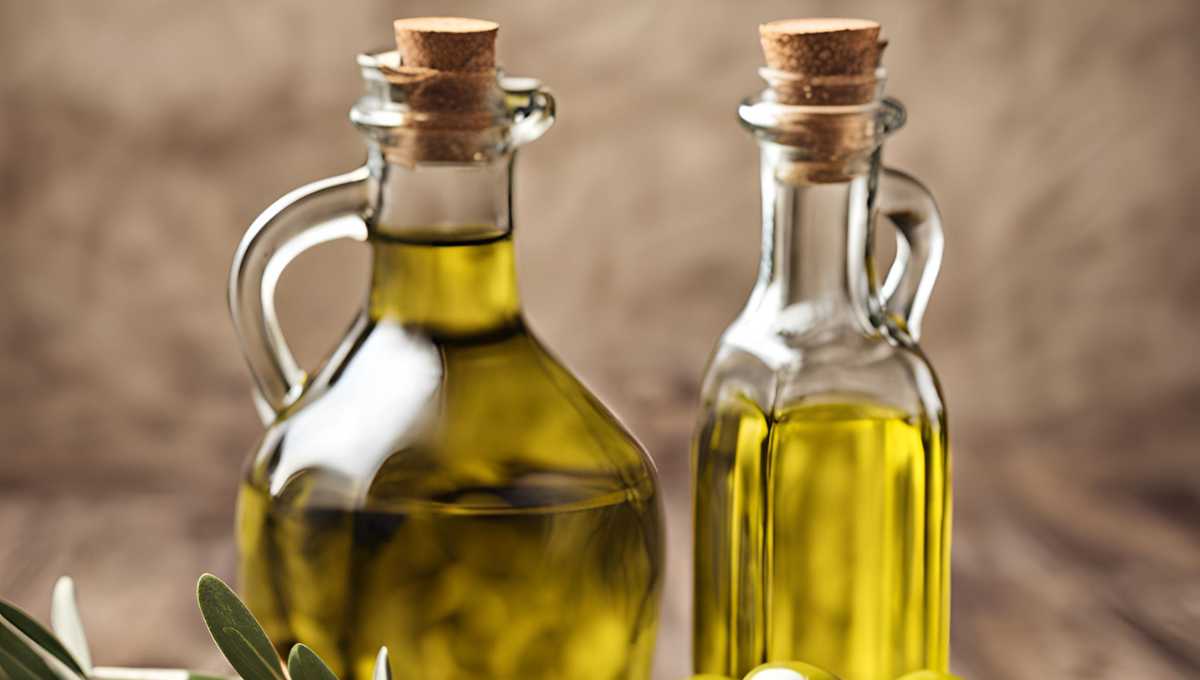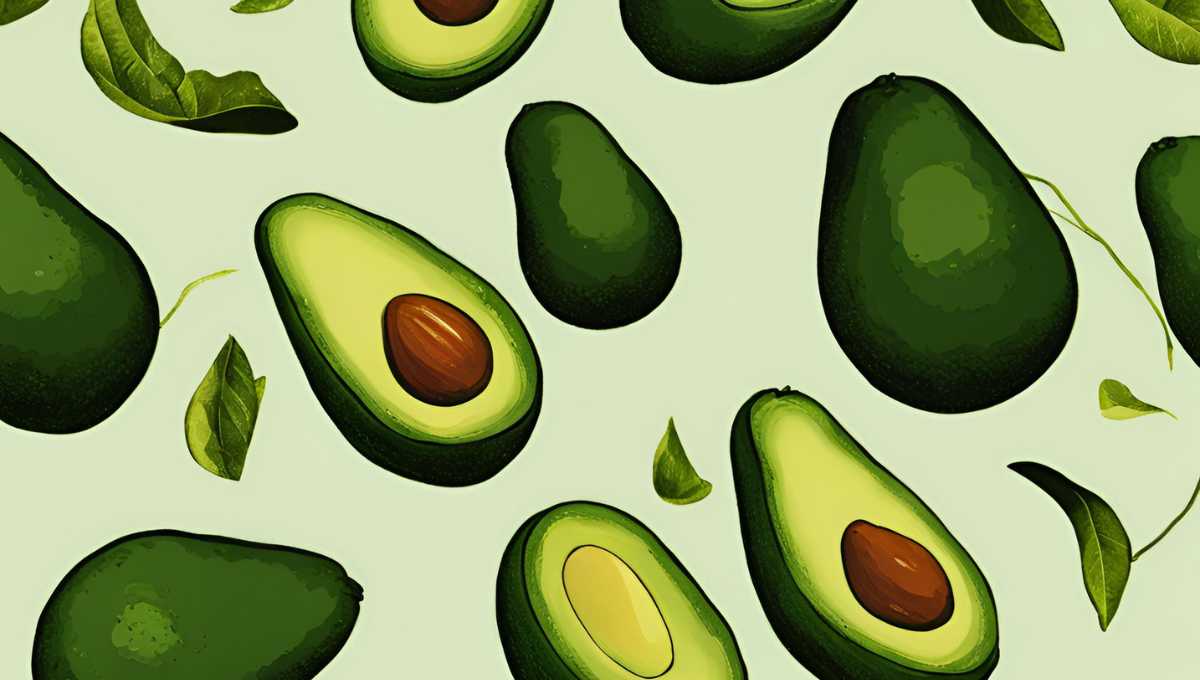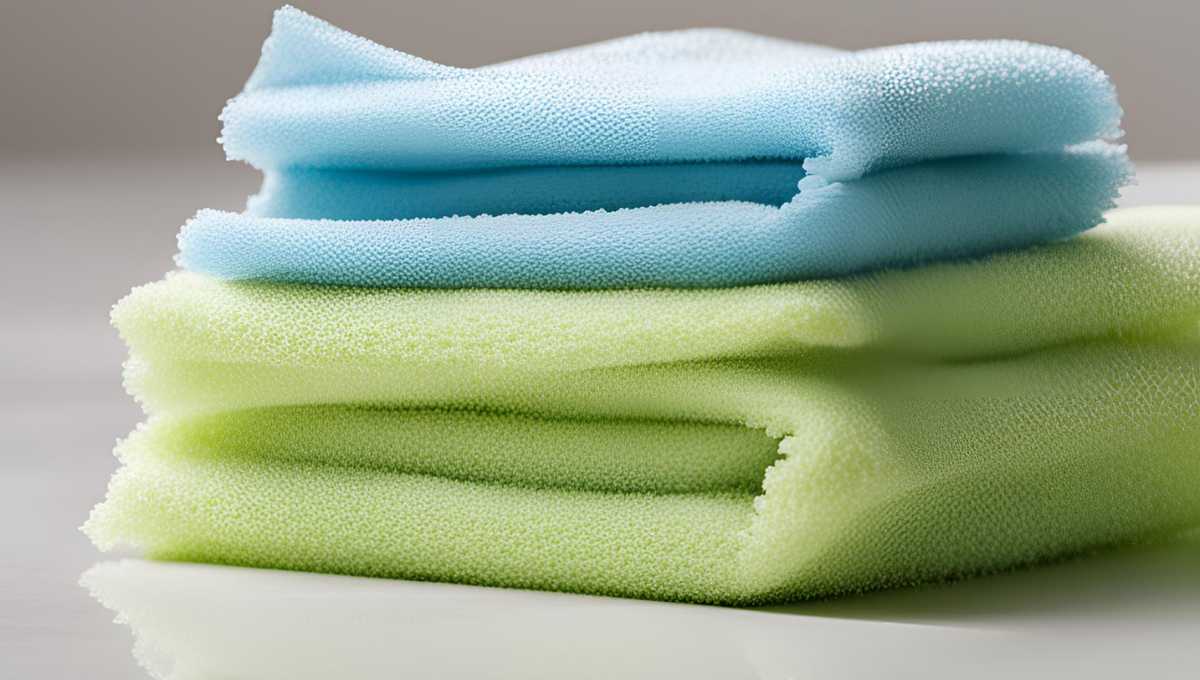Nothing makes the kitchen or bathroom look dirty more quickly than greasy, stained tiles. When your wall or floor tiles are clean and sparkling, they can make the room look cleaner, nicer, and even brighter. Grease, cooking spills, and the dreaded sticky dust can build up quickly on tiles, making them difficult to clean. Some homeowners resort to commercial cleaners and bleach, but you may not like the idea of using powerful chemicals in your kitchen or bathroom as tile cleaners.
Baking soda for tile cleaners:
- Baking soda is a versatile natural cleaner that also happens to work well in baking.
- You can use baking soda to clean wall tiles.
- You’ll need a cloth or damp sponge.
- a sprinkle of baking soda.
- and a toothbrush for cleaning the grouting.
- Sprinkle baking soda onto the sponge or directly onto the tiles if you’re cleaning a flat horizontal surface.
- Wipe down the tiles with the baking soda and damp sponge.
- Don’t scrub too vigorously.
- Baking soda is abrasive and can leave scratches on a smooth surface.
- Use the toothbrush if you’re also cleaning grout.
- Once again, don’t scrub too vigorously, as this can actually wear away grouting over time.
- Wipe away the baking soda and water mixture with a clean, damp cloth, and dry the tiles to buff them.
Vinegar for tile cleaners:
- Vinegar is another popular cleaning product, and it can be put in a spray bottle to create a quick and easy spray cleaner.
- You can clean your ceramic tiles with vinegar.
- You’ll need to use white vinegar.
- possibly diluted with warm water.
- Vinegar is great for greasy wall tiles because it’s slightly acidic.
- You can use it every day to dissolve grease and sticky dust.
- Just spray a mixture of white vinegar and water onto the tiles, wait 5–10 minutes, then wipe it off with a clean, damp cloth.
- If the grease is stubborn, you can repeat this process a few times.
- For a deep clean with vinegar, soak paper towels in vinegar and put the paper towels over the tiles you want to clean.
- It doesn’t matter whether the tiles are on the wall, floor, or counter, as wet paper towels will stick quite easily.
- Let the vinegar paper towel sit for around 20 to 30 minutes, remove the paper towels, and rinse the clean tiles using a soft dry cloth to buff the tile and grout to a high shine.
In This Post
ToggleLemon juice for tile cleaners:
- Lemon juice is another powerful cleaner for tiles.
- Similar to vinegar, lemon juice is slightly acidic but has a more pleasant scent.
- Some people hate the smell of vinegar, but lemon juice has a fresh, citrusy scent.
- There are a few different ways to use lemon juice as a cleaner, but one helpful way is to combine lemon juice and baking soda.
- You can make a spray cleaner by mixing approximately a cup of lemon juice with warm water in a spray bottle.
- or simply sprinkle baking soda on a freshly sliced half of a lemon for spot cleaning your bathroom tiles.
Borax for tile cleaners:
- Borax, also known as sodium borate, is another household product used for cleaning grease and dirt.
- Borax can be a heavy-duty method to deal with stubborn grease and sticky dust on your tile and grout.
- Start by combining lemon juice and borax to make a thick paste.
- Usually, a cup of lemon juice is enough, depending on the size of the area you want to clean.
- Apply the paste to the area that you want to treat.
- Let the mixture sit for 15 to 20 minutes, then clean it away with a clean cloth.
- Use a dry, soft cloth to buff the bathroom tiles to a high shine. Since borax and lemon juice make a paste,.
- This type of cleaning product is more suitable for cleaning small areas or spots rather than large tiled areas.
Homemade tile cleaners:
- Creating homemade cleaning products is simple.
- You can make a cheap, effective cleaner naturally and use it to remove dirt and grime in your kitchen, bathroom, and all tiled areas.
- While the cleaners we’ve already shown are the most efficient when it comes to removing grease and built-up dirt,.
- There are plenty of different cleaning products that can add freshness and sparkle to your kitchen.
- For example, a combination of hot water, baking soda, and vinegar in a spray bottle is a great all-purpose cleaner.
- Liquid dish soap, white vinegar, warm water, and an essential oil of your choice is another useful cleaning product that is cheap and easy to make at home.
- If you don’t like the scent of homemade cleaners,.
- White vinegar can have a very powerful scent.
- but add a few drops of scented essential oil.
- A nice smell won’t diminish the cleaning power of the homemade product.
Spot cleaning:
- For spot cleaning, lemon and baking soda or lemon and borax are your best options.
- These cleaning methods make a thick paste.
- allowing you to add the paste to whatever area you want to clean.
- Spot cleaning is a good way to keep on top of your floor and wall tiles without needing to do a full clean.
- Spot cleaning is good for tackling the occasional stained area and only lightly cleaning the rest.
Deep cleaning:
- Occasionally, you’ll need to break out the heavy-duty cleaning methods to clean kitchen and bathroom tiles.
- If you’re dealing with heavily stained areas, possibly with dried-on stains, grease, and sticky dust, you might have your work cut out.
- These methods can work, but never underestimate the value of elbow grease.
- Unfortunately, for the most stubborn stains, you might have to roll up your sleeves and get scrubbing.
- The rough side of a washing-up sponge can be a handy tool.
- as well as a toothbrush to clean the grouted areas between the tiles.
- You may need to clean the tiled area and grout line several times.
- Feel free to experiment with different methods or even repeat the same cleaning process a couple of times to get your tiles really clean.
Daily maintenance:
- Grease and dirt build up quickly on tiled areas.
- If you don’t maintain your tiles regularly, daily if possible, you’ll find yourself having to do a heavy clean.
- To avoid spending hours scrubbing, you can use a cleaning spray of your choice and a damp cloth to wipe down your tiles. This helps to tackle grease and stains as they appear.
- If you don’t have time to completely clean your bathroom tiles, do a spot clean every day if you can.
- This prevents stains from sitting on the tiles for too long.
- The longer a stain sits on your tiles, the more chance it has of staining or simply becoming incredibly hard to remove.
So, why is it so important to keep walls and floor tiles clean? Without proper maintenance, mold, mildew, and tough grease can quickly build up on kitchen and bathroom tiles. Your kitchen and bathroom are areas of the house that need to be as clean and hygienic as possible. Regular maintenance of wall and floor tiles will help to keep on top of your cleaning program and keep your kitchen and bathroom tiles looking fresh and clean all the time. With proper maintenance, all your tiles will ever need is a quick wipedown.
Here is another blog post about Mastering the Art of Floor Care: Tips for Gleaming Surfaces.
FAQ
Are natural tile cleaners effective?
Yes, natural tile cleaners are effective and can handle most cleaning tasks just as well as commercial products.
Can I use natural cleaners on all tile types?
Most natural cleaners are safe for all tile types, but avoid acidic cleaners on stone tiles.
How often should I clean my tiles?
Regular cleaning is recommended. Daily or weekly cleaning routines help maintain tile appearance and prevent buildup.
Do natural cleaners disinfect?
Some natural cleaners, like vinegar and essential oils, have disinfectant properties. However, they may not kill all bacteria and viruses.
Are there any drawbacks to using natural cleaners?
The main drawback is that they might require more elbow grease compared to commercial cleaners, but the benefits far outweigh this minor inconvenience.

